Amid the glut of sexual harassment allegations that have felled men in power over the past few months, media giant Vice has been plagued with reports about the toxic bro culture there. Following an exhaustive report on The Daily Beast in November that detailed stories of harassment and the company's unusual "Non-traditional Workplace Agreement" that created giant loopholes that harassers reportedly exploited, three employees have been fired for verbal and sexual harassment, according to an internal memo that CNN Money obtained.
"Today we took disciplinary action, including terminating three employees. The conduct of these employees ranged from verbal and sexual harassment to other behavior that is inconsistent with our policies, our values, and the way in which we believe colleagues should work together," human resources director Susan Tohyama wrote in her memo without naming the excised employees. "I know a few people have asked for specifics concerning both the complaints and the discipline we have taken. I believe the confidentiality of the process is necessary to protect all those who wish to bring allegations to me and to create a fair, safe and inclusive environment for all employees."
Just weeks ago the Beast published an expose titled, "Unsafe and Just Plain Dirty: Women Accuse Vice of 'Toxic' Sexual-Harassment Culture" that began with an anecdote from former employee Phoebe Baghouty, who alleged that bureau chief Kaj Larsen continually made sexual advances toward her that consisted of touching her on the small of her back and thigh at work. Once, he invited her to his home for a work meeting where he met her at the door shirtless and made her wait while he took a shower. Barghouty's story chronicled the laissez-faire attitude of the company's human resources department that applauded talent and allowed a culture of harassment to fester.
In her memo to employees, Tohyama, who's been with the company for just four weeks, acknowledged Vice's place in the canon of online journalism while also calling out its shortcomings.
"We have grown into a media company that operates in dozens of countries and is home to thousands of the industry's most talented journalists, producers and content creators," she wrote. "However, as our company has evolved, our workplace culture has fallen short. We acknowledge this, which is why we have committed ourselves to making the changes necessary to create an inclusive workplace where all our employees can flourish while being safe and respected."
In the months leading up to the firing of Vice employees over sexual harassment and abuse, the company faced several damning reports about the environment that allowed men at the company to run amok.
As the Harvey Weinstein scandal was breaking in early October, Buzzfeed published an expose that revealed that a male editor for Broadly, Vice's feminist vertical, worked with alt-right darling Milo Yiannopoulos to terrorize women online.
In November, former Broadly columnist Michael Hafford, who wrote the "Male Feminists Guide To..."(essentially a primer on teaching men how to be just sensitive enough to lure women into bed), was accused of raping or assaulting four women, and then the Daily Beast story blew the doors off of Vice's insidious culture.
It's not shocking that the powers that be at Vice turned a blind eye to and/or engaged in reprehensible behavior, considering the nontraditional workplace agreement employees are expected to sign, which is essentially a "get out of jail free" card for sexual harassers. It reads, in part:
"I hereby acknowledge that I am familiar with VICE's print and online publications and office environment. Although it is possible that some of the text, images, and information I will be exposed to in the course of my employment with VICE may be considered by some to be offensive, indecent, violent or disturbing, I do not find such text, images or information or the workplace environment at VICE to be offensive, indecent, violent or disturbing."
But Tohyama's memo appears to herald a new era of intolerance of abusive behavior at the company.
"I want to be sure everyone knows what the process is for investigating complaints. I am very serious about ensuring that this company's policies and procedures are consistent with the best practices in the HR industry," Tohyama wrote. "You're all too talented and engaged to accept anything less, and to be frank, I've spent more than 20 years practicing HR, and the reputation I've built is too important to me to work in a company that is not the gold standard of these practices."








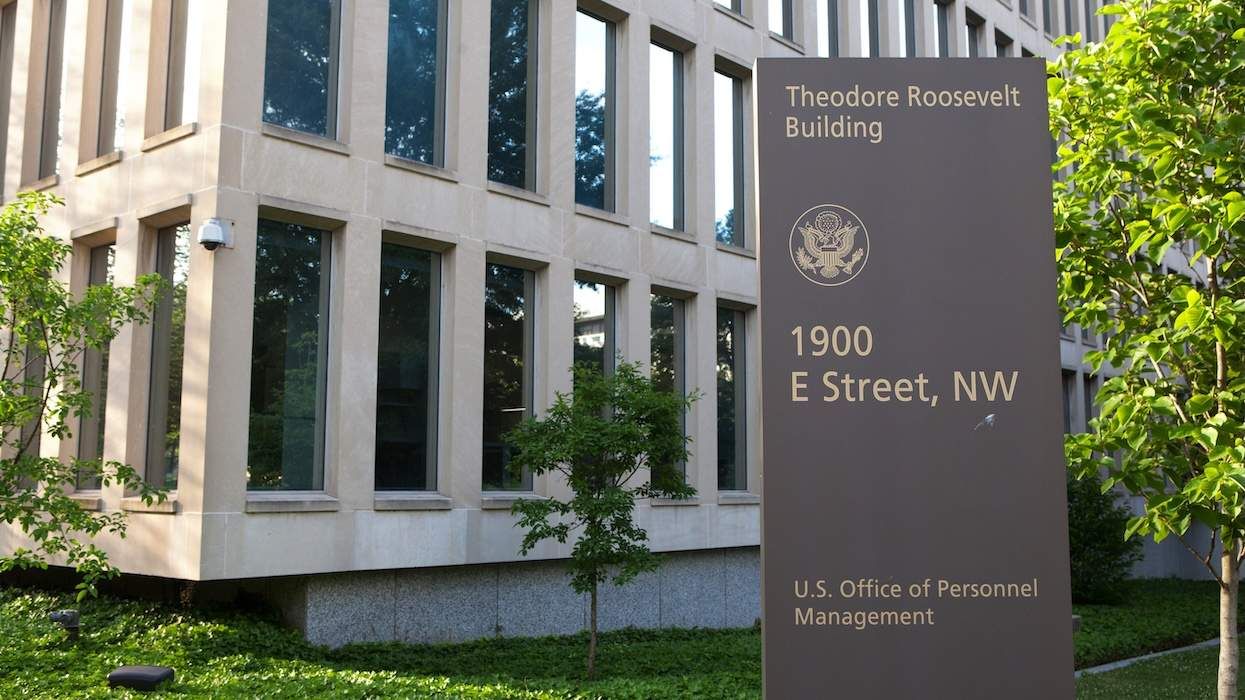

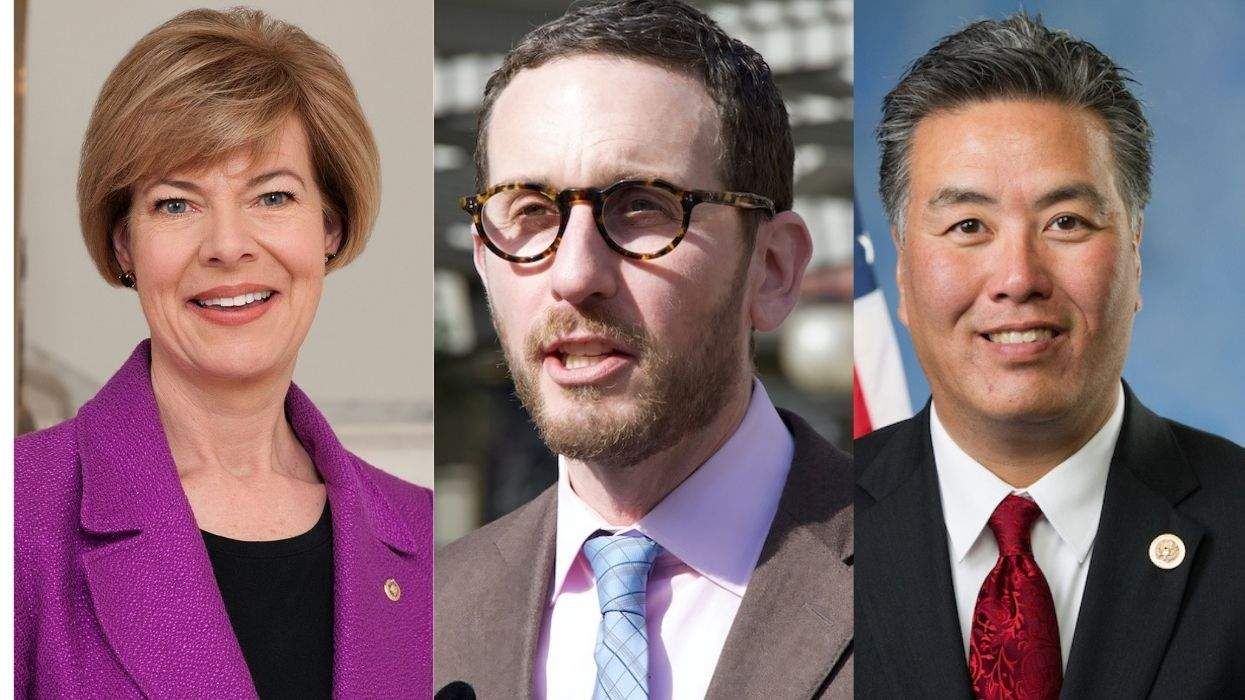


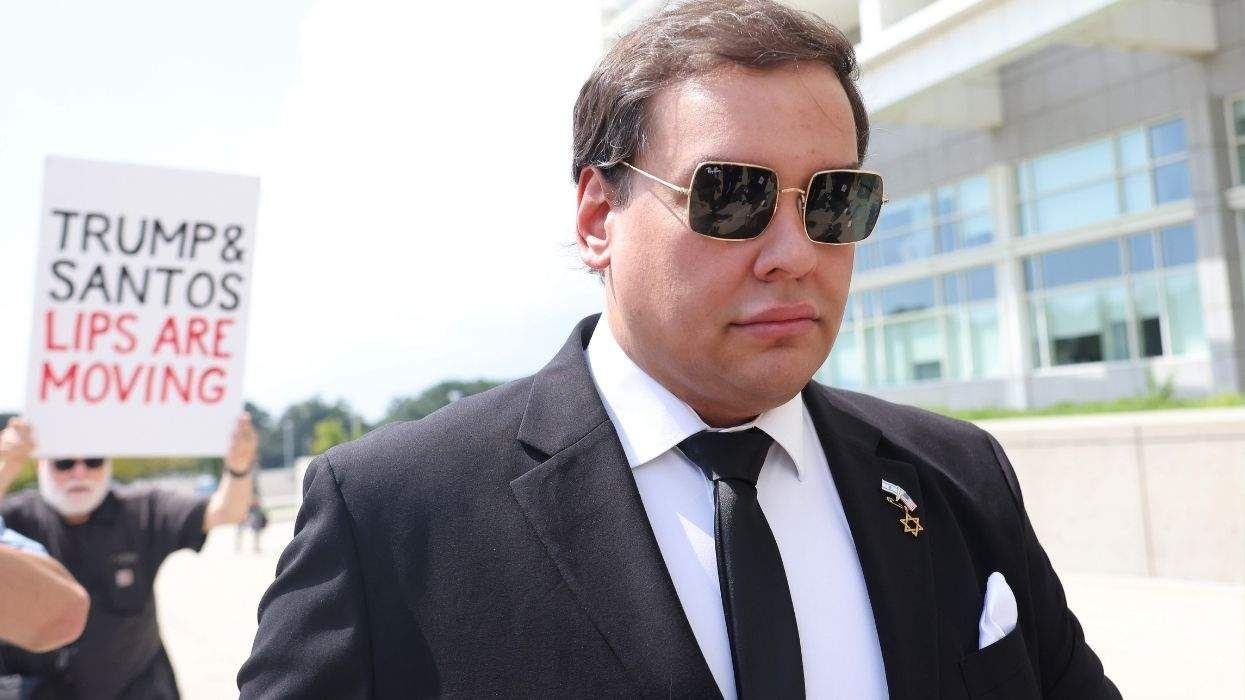
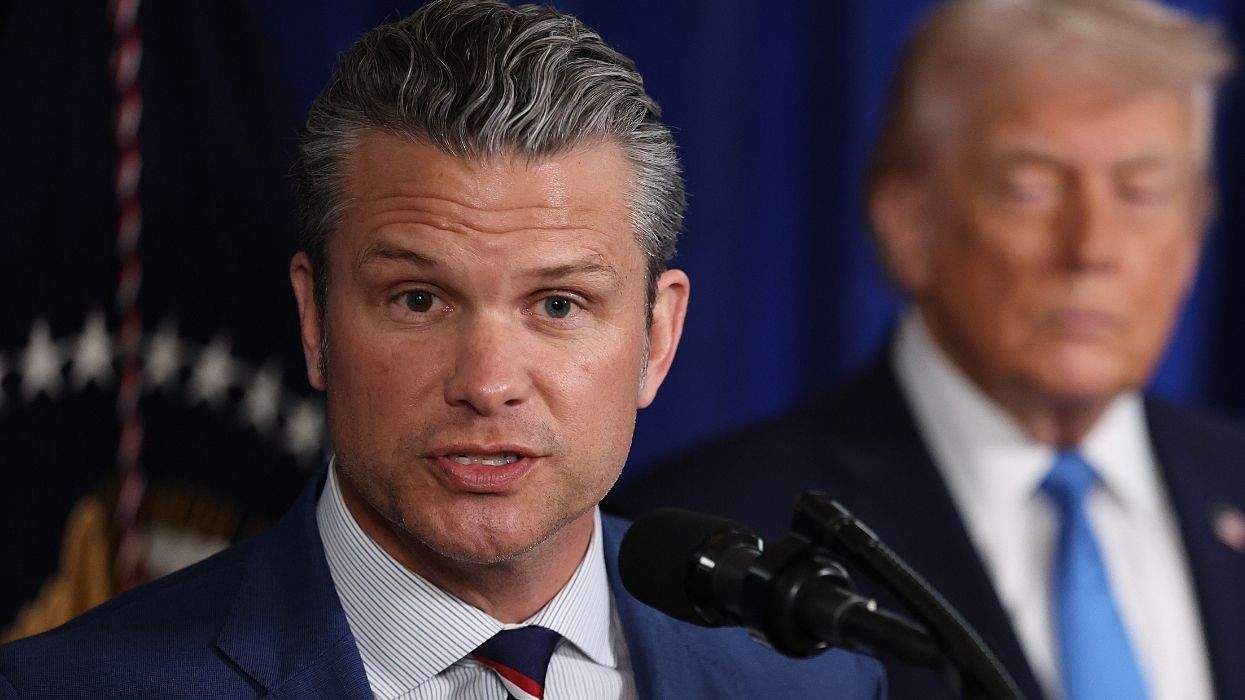


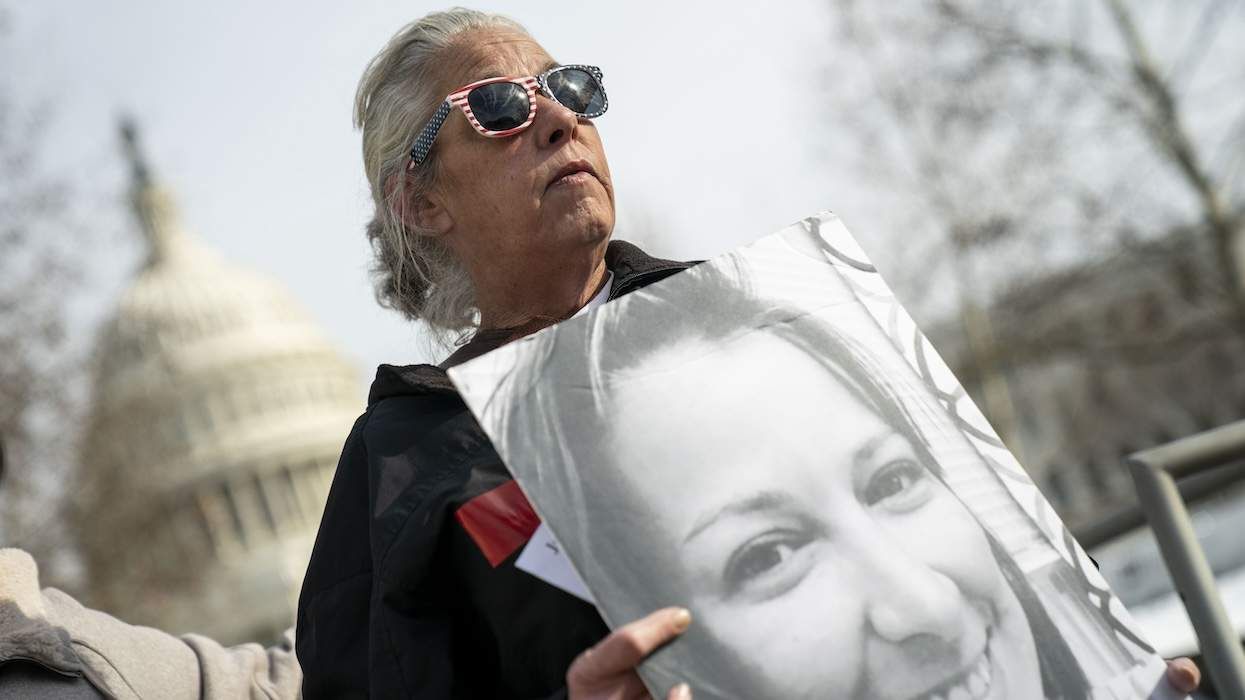















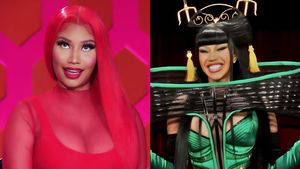



































Charlie Kirk DID say stoning gay people was the 'perfect law' — and these other heinous quotes